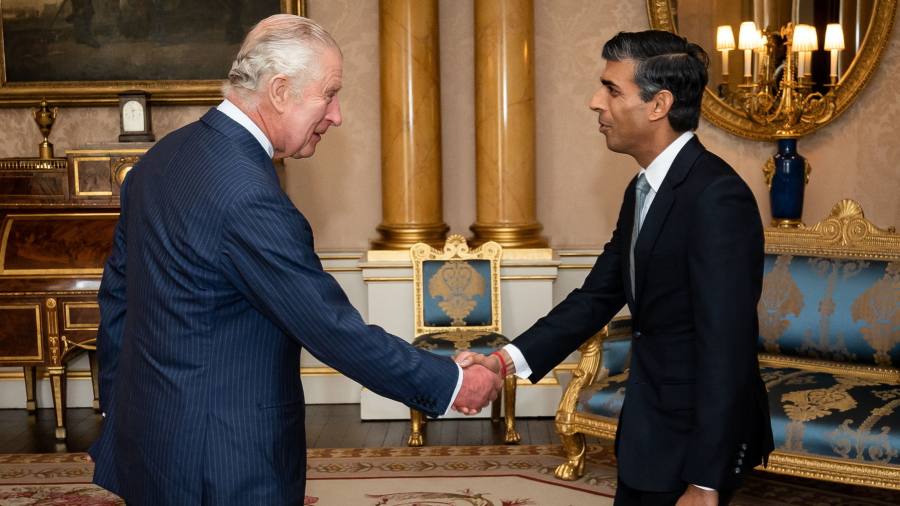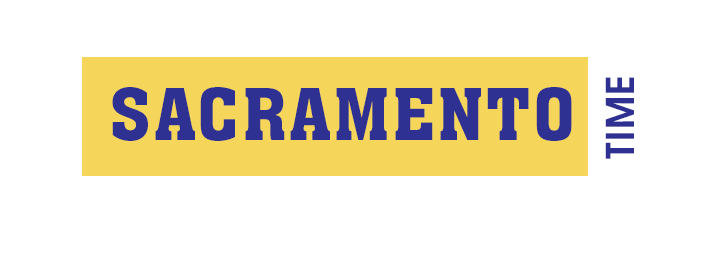
The yield of gold-plated products is returning to pre-minibudget levels
Gold yields returned to levels last seen before the controversial “mini” budget in September, as investors cheered the confirmation of Risha Sunak as Britain’s new prime minister on Tuesday.
The 30-year gilt yield fell to 3.68 percent, extending price gains on Monday as markets reacted with relief to the emergence of Sunak as the sole candidate for the leadership of the Conservative Party.
The move means long-term bonds, which were at the center of last month’s chaotic sell-off that prompted emergency intervention by the Bank of England, have recouped losses caused by the Liz Truss tax cut package.
The yield on the 30-year bond, which has risen as investors worry about Britain’s heavy borrowing needs, traded at 3.75 percent before the former prime minister’s fiscal plans were unveiled on September 23.
Two-year sausages also recovered their post-budget losses, trading at 3.35 percent on Tuesday. The ten-year gilt yield remains slightly higher at 3.69 percent, up from 3.50 percent on September 23.
“On the face of it, this suggests that the past month has been a nightmare and we’re back to where we would have been if Rishi Sunak had become Tory leader in the first place,” said James Etty, a fixed income firm. portfolio manager at Abrdn.
Etty said concerns about the UK’s institutional credibility, sparked by the Trust’s decision to announce £45bn of unfunded tax cuts without consulting the UK’s budget authority, were no longer on the market’s mind and investors should return to looking at economic data and BoE for next move hints for gilts.
If Sunak confirms he will retain Chancellor Jeremy Hunt, helped by the abolition of much of the Trust’s tax put things in order in the gilt market last week – then UK government bonds could rise further, analysts say. Investors believe that Sunak is more likely to support the new chancellor’s fiscal plans.
“The market is hoping Sunak, the former chancellor of the exchequer and architect of the tax hike that was later reversed by the ill-fated mini-budget, will err on the side of fiscal caution,” said Antoine Bouvet, rates strategist at ING.
Gilts also benefited from an increasingly bleak outlook for the UK economy, which has led investors to question how much the Bank of England will be able to raise interest rates as it battles high inflation.
Traders now expect UK interest rates to peak at 5 percent next summer, up from the current level of 2.25 percent. During the recent chaos in the gold market, which triggered a liquidity crisis in UK pension funds, markets bet that rates would have to rise above 6 percent to stabilize the pound and offset the inflationary impact of the Trust’s borrowing plans.
Britain’s private sector activity shrank at its fastest pace in nearly two years in October, a survey showed on Monday, suggesting the country is already entering recession.
“This rally tells you that people are back to looking at the economic outlook, and that’s god-awful,” Atty said.


